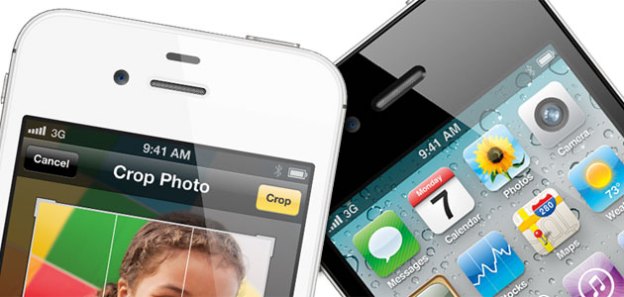
In what might prove to be a very significant ruling in the patent wars surrounding mobile technology, the Karlsruhe Higher Regional Court in Germany has ruled Motorola Mobility cannot enforce its patents included in technology standards in Germany so long as an appeals process is underway. The original injunction was granted back in December, and earlier this month, Apple was forced to briefly stop offering some iPhone and iPad devices for sale in Germany as a result. However, the higher court has now ruled that Motorola cannot block sales of Apple devices (including the iPhone and iPad) employing 3G technology patented by Motorola, but which are supposed to be licensed to any party on FRAND (fair, reasonable, and non-discriminatory) terms.
As usual, Florian Mueller was the first to report on the ruling on his FOSS Patents blog.
The Karlsruhe court’s ruling is provisional, and merely prevents Motorola from enforcing an injunction while the appeals process is underway. However, the court’s summary determination is that Motorola Mobility would be violating antitrust laws by seeking to ban sales of Apple products because of patents that are essential to wireless communications standards. Although it will likely still take a year or more for all the dust to settle, the Karlsruhe court ruling is a strong indication that Apple is well-positioned to succeed in its appeal.
Apple has maintained that it has attempted to license the 3G technologies from Motorola on FRAND terms since the launch of the original iPhone, but that Motorola has consistently declined to offer the licenses on reasonable terms. Documents submitted as part of broader litigation between the companies in Germany has revealed that Motorola has demanded 2.25 percent of the retail cost of a device using its patent as its license fee. Although that seems like a small figure, it’s astonishingly large in the FRAND licensing world: products like smartphones implement a broad range of technology standards, most of which include licenses to numerous patents from a number of companies: if they were all to demand two percent or more of ever sale, no one would be able to afford to use the technology in the first place.
Apple is in a similar dispute with Samsung over patents that are supposed to be available on FRAND terms. Samsung has reportedly demanded 2.5 percent of every sale of devices that use technology standards to which it has contributed patents..
Apple has asked the European Telecommunications Standards Institute (ETSI) to establish basic principle governing FRAND licensing that can be applied consistently across wireless standards. Apple and Microsoft have also filed formal antitrust complaints against Motorola in the European Union for abuse of FRAND licensing.
The patents at issue in this case are separate from the battle between Apple and Motorola that has forced Apple to disable push notifications from iCloud and MobileMe in Germany.
The Karlsruhe ruling could turn into a major factor in the looming patent showdown between Apple and Google, which is in the final stages of acquiring Motorola Mobility. Part of Google’s interest in Motorola was shoring up Android’s patent stance, and Google had previously indicated it approved of Motorola’s strategy to use FRAND patent enforcement as a stick in broader patent battles with Apple. If Apple’s appeal of the FRAND licensing issues succeeds, Google’s $12.5 billion purchase of Motorola may not prove to be quite the potent patent weapon Google had wanted.


